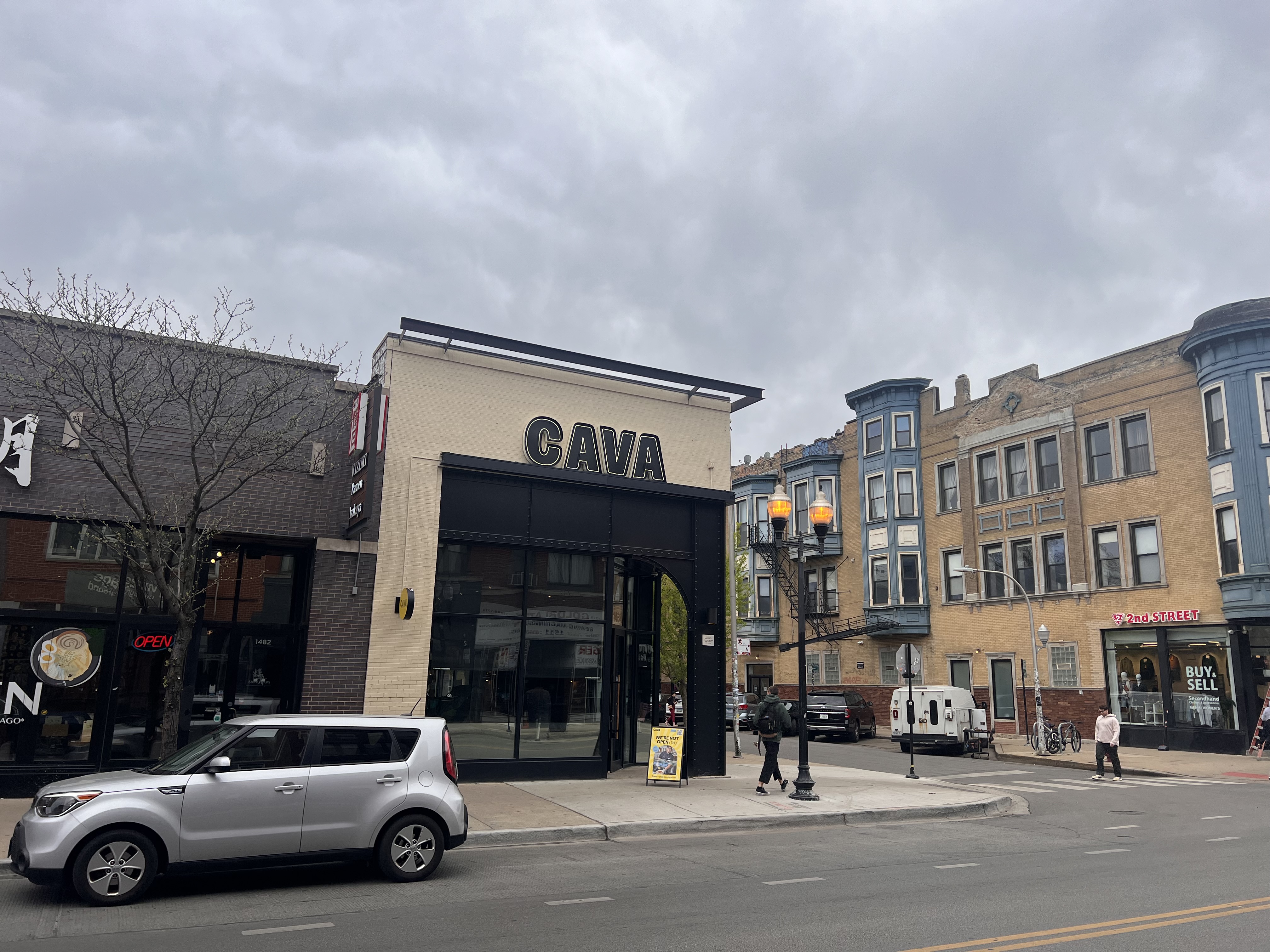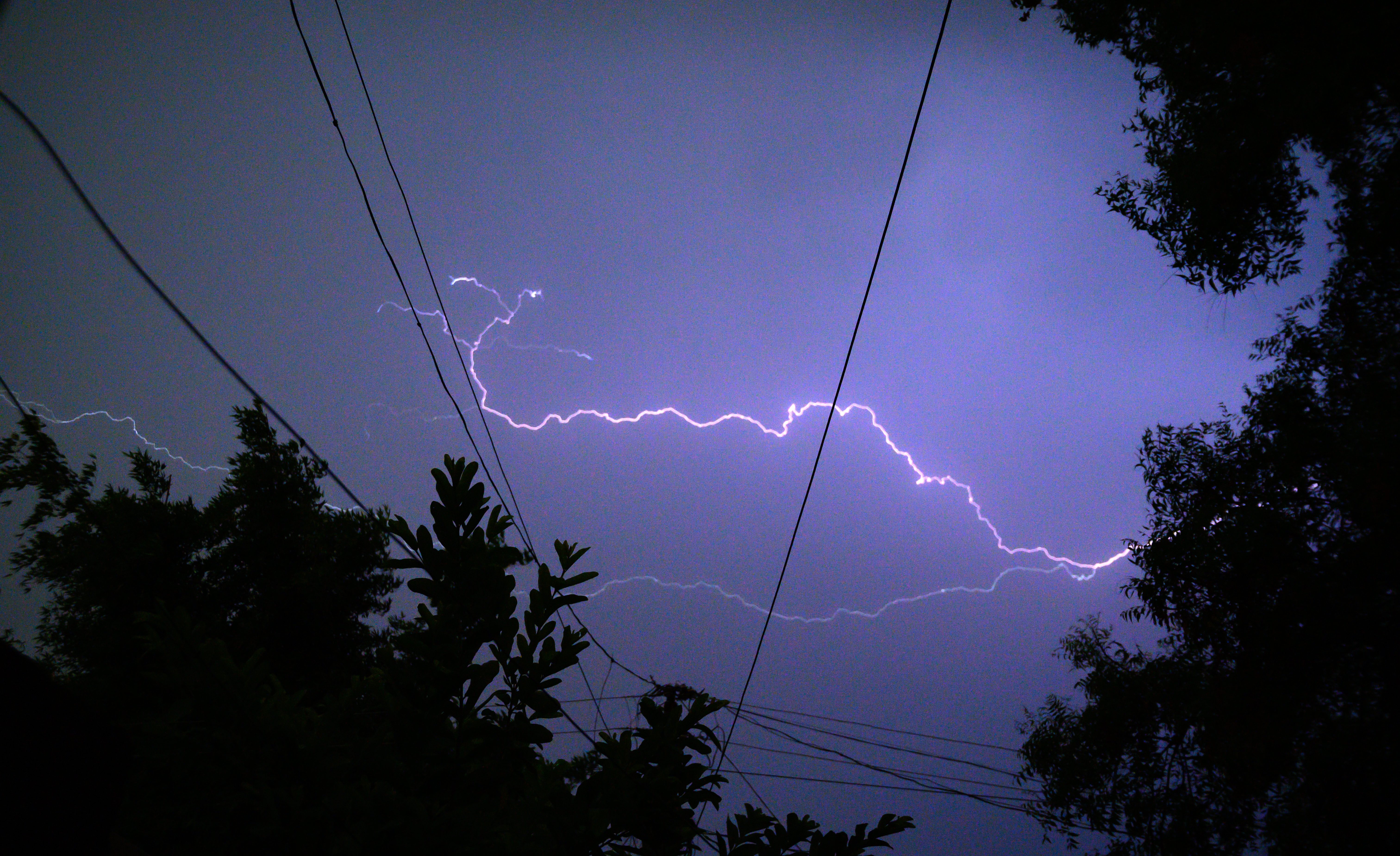For nearly 30 years, Greg Landgraf of Gurnee had a dream car that was always on his mind.
“When the Mazda Miata was first released, I wanted a Mazda Miata. And a couple years after the first release, they came out with the car in yellow. At that point, a yellow Miata was my dream car so to speak,” Greg tells NBC 5 Responds.
In 2018, he finally found his dream car at a dealership in North Carolina. He was issued Illinois license plates, AW90469, and drove the car home. But just weeks later, he replaced those state issued plates with vanity plates that read “Fynaly”, in a nod to finally getting his dream car.
Fast forward two years to Oct. 2020, when the suburban father unexpectedly received a red light ticket violation notice from the city of Chicago, in his mailbox. The license plates identified on the ticket were once his, but the picture attached to the violation, was of a black sedan, a car he’s never owned.
Feeling out of the loop? We'll catch you up on the Chicago news you need to know. Sign up for the weekly Chicago Catch-Up newsletter here.
“The picture of the car was a car that I do not own, so I'm just looking at that, wondering, ‘how on Earth did somebody have my license plate?’,” he recalled.
Especially because when Greg’s new vanity plates arrived in 2018, he kept the original plates, and both of those plates are still sitting in his garage.
Greg says he called Chicago’s Department of Finance to explain his situation, and they suggested he get a letter of confirmation from the Secretary of State’s office. He did, and then sent the confirmation letter to the Department of Finance as part of his appeal.
Local
“I figured all of this, getting this information back, [the license plate number] is no longer mine, [the ticket] should be done and out of my hands” says Greg.
But then another letter from the city of Chicago arrived in the mail, this time telling him that his hearing request could not be considered because the ticket had already “reached final determination status,” and as a result, the fine had doubled to $200. Greg then reached out to NBC 5 Responds for help.
“Knowing that I'm not responsible for the ticket; I didn't run the red light, and just the number of phone calls and of course the on-hold wait times and trying to get back and hear back from different people…just very frustrating and getting more and more angry by the day I guess,” he says.
With the help of the Illinois Secretary of State’s office, NBC 5 Responds discovered the red light camera misread the plate.
The letter “W,” on the license plate on the black sedan pictured on the violation, was actually an “M”. After NBC 5 Responds and the Secretary of State’s office brought this to the city’s attention, they dismissed Greg’s $200 ticket.
The Department of Finance spokesperson, Kristen Cabanban, offered this statement; “Motorists are encouraged to contest their tickets if they feel they were issued in error.”
“The new administration has gotten a taste of that sweet, sweet camera money. And it's hard to cut that spigot off”, says Jacie Zolna, the lead attorney in a red-light camera class action lawsuit against the city of Chicago.
The lawsuit accused the city of failing to give adequate notice to red light camera violators between 2010 and 2015, and resulted in a $38.75 million dollar settlement.
Almost four years after the settlement, Zolna says he believes the system remains stacked against drivers.
“The system is designed that way. It's designed to make it hard for people to contest a ticket, and there's so many obstacles and burdens that are placed upon someone to contest a simple ticket that most people just give up,” he says.
There are 300 red light cameras located in 149 intersections in Chicago. According to the city’s data portal, there were 3,350,115 red light violations handed out between Jan. 2015 and Feb. 9, 2021, providing a major source of revenue for Chicago.
“Fine and ticket money comprises nearly 10% of the city's entire budget. That’s a staggering percentage of the city's revenues -- $400 million projected [in 2021],” he says.



